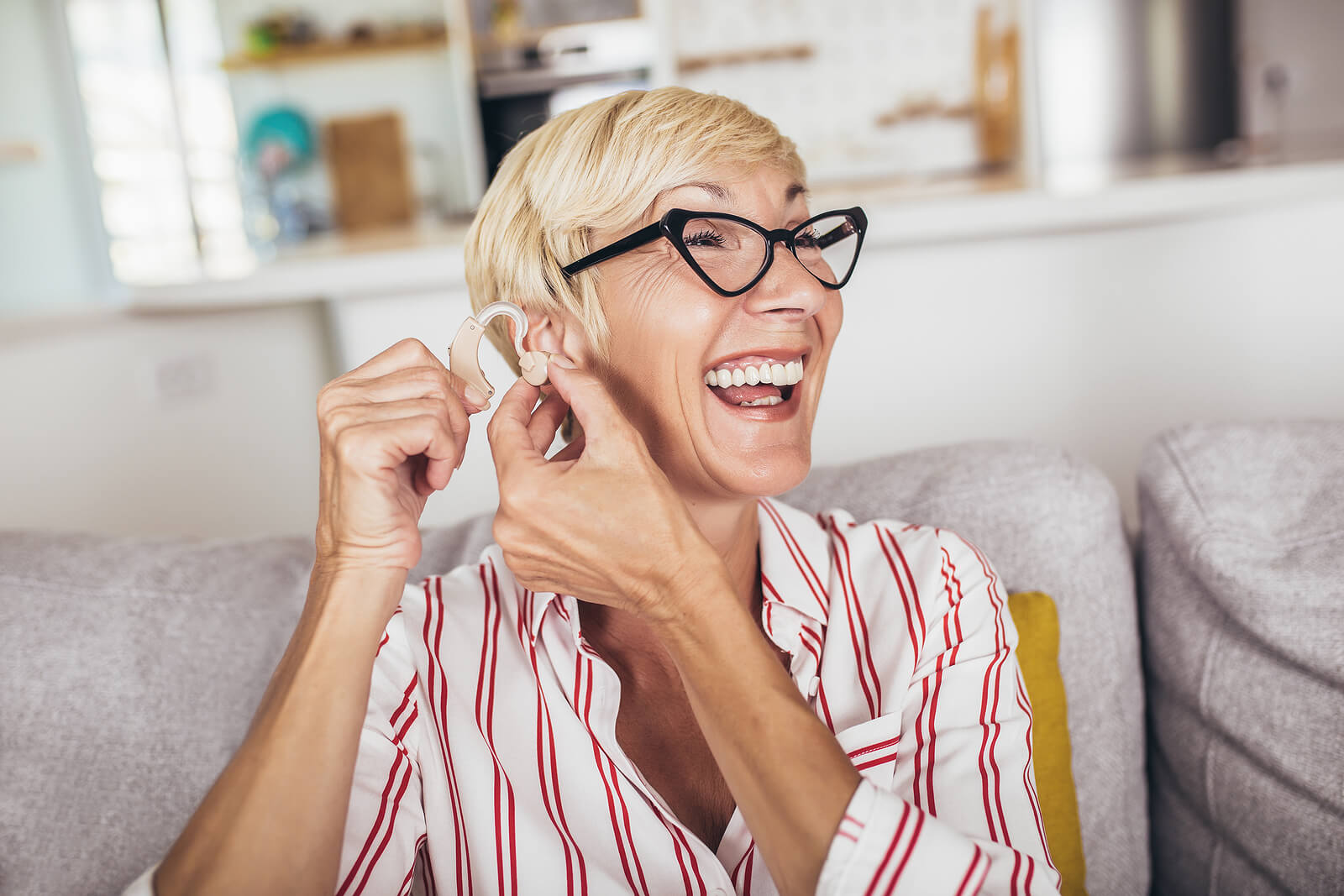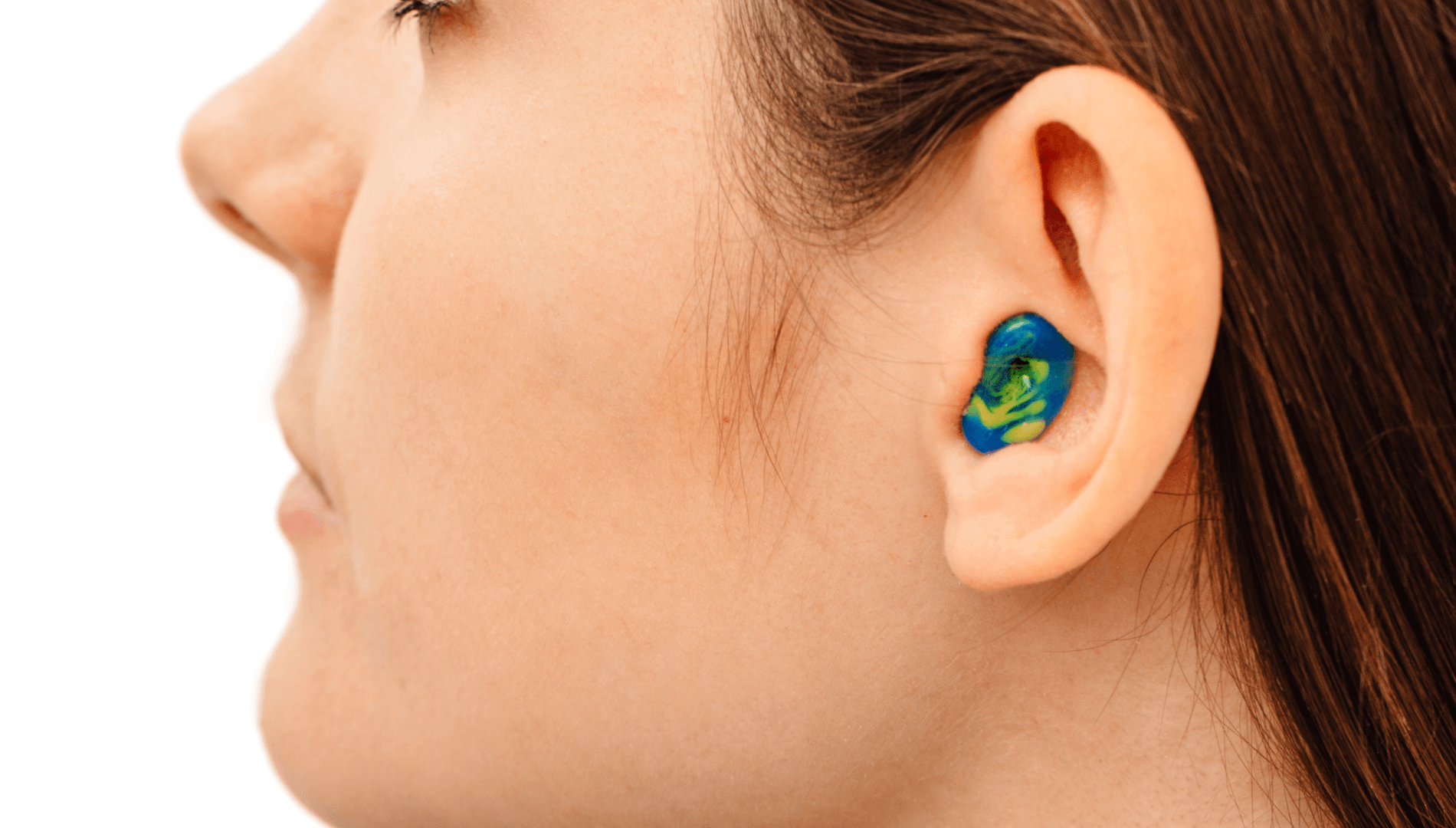
For couples, the ability to share thoughts, laughter, and meaningful conversations strengthens their bond. When hearing loss enters the picture, those daily interactions can become more challenging, creating barriers to connection.
Hearing aids play a significant role in improving the clarity of speech and reducing misunderstandings. For couples, this means fewer moments of repeating phrases or struggling to follow a conversation. Better hearing creates a smoother flow of dialogue, whether discussing weekend plans, reminiscing about cherished memories, or solving everyday challenges together.
Restoring the ability to catch subtle tones and nuances in speech makes communication feel effortless again. A shared understanding grows when couples can truly hear each other, making daily interactions more enjoyable and less frustrating.
Reconnecting Through Shared Experiences
Activities like attending concerts, watching movies, or going to social events are integral to many couples’ lives. Hearing loss, however, can make these experiences less enjoyable for one or both partners. Sounds may seem distorted or overly loud, making participation uncomfortable.
Hearing aids are designed to enhance sound quality in various environments, enabling couples to enjoy shared activities once again. From appreciating music together to chatting at a bustling family gathering, these moments of reconnection help deepen their bond.
Reducing Miscommunication and Conflict
Miscommunication is a common cause of frustration in relationships, and hearing loss often amplifies this problem. Missed words or misunderstood phrases can lead to unnecessary arguments or feelings of neglect. Over time, this can take a toll on the harmony of a relationship.
Hearing aids help reduce these misunderstandings by improving hearing clarity. Couples can focus on resolving real issues instead of battling frustrations caused by misheard words. Better communication means fewer conflicts and a more peaceful partnership.
Supporting Physical and Mental Well-being
Hearing loss doesn’t just impact ears; it also affects overall well-being. Untreated hearing loss has been linked to cognitive decline, depression, and social isolation. For couples, this can mean navigating not only the challenges of hearing loss but also its ripple effects on mental health.
Hearing aids can alleviate these concerns by encouraging social engagement and mental stimulation. When both partners prioritize hearing health, they invest in the well-being and health of their relationship. A happier, healthier partner contributes to a more vibrant and enduring connection.
Couples who address hearing loss together can create opportunities for clearer communication, stronger emotional bonds, and more meaningful sharing moments. This journey toward improved hearing enhances individual well-being and strengthens the foundation of their partnership. This proves that hearing together truly helps couples stay together.

Tips For Improving Your Hearing Experience
Matthew Favinger, M.S., F-AAA

Finding the Perfect Hearing Aids
Matthew Favinger, M.S., F-AAA

